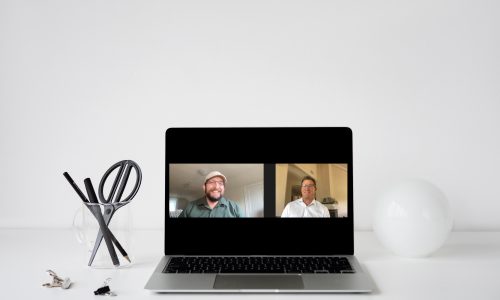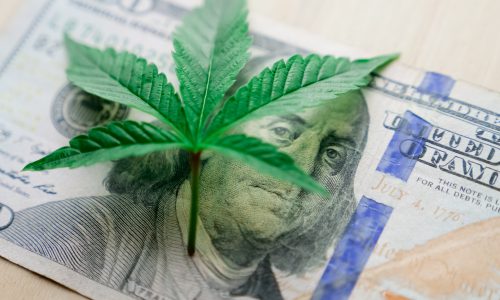The marijuana business is booming. It’s estimated that by 2021, the legal cannabis industry will have created an additional 400,000 jobs. That’s a staggering number and one that should be encouraging for those looking to begin a career in consumer product goods.
While older more established industries require a certain level of previous experience in order to land a job, the cannabis industry doesn’t have the luxury to establish requirements like that. With the market growing at such a rapid rate, there aren’t enough employees with previous cannabis experience to staff all of the open positions. This means that employers are open to hiring those without a previous history of employment in cannabis.
But that doesn’t mean that you should walk into a job interview at a marijuana dispensary without any knowledge of the industry. In order to strengthen your chances of getting hired, and to present yourself as a standout candidate, having at least a basic knowledge of cannabis is crucial. One thing everyone seeking to land a position in the industry should know? The real difference between CBD and THC. We’ve broken it down for you below.
What are CBD and THC?
CBD (cannabidiol) and THC (tetrahydrocannabinol) are both natural compounds found in cannabis plants. CBD is primarily found in the hemp plant, a member of the cannabis family, and is most frequently used to make gels, gummies, oils, and supplements. THC is found in marijuana and is the primary psychoactive compound. It is often used to make oils, edibles, tinctures and can be consumed by smoking. CBD and THC have the same chemical makeup, but the precise ways their molecules are arranged cause them to interact differently with the human body.
What’s the difference?
The short answer is this: THC produces a high; CBD does not. CBD is a non-psychoactive compound, meaning that it does not bind with the body’s cannabinoid receptors. THC does bond with these receptors and will leave consumers feeling high and often euphoric.
Medically speaking, both compounds do the exact same thing. They can be used interchangeably to treat conditions like seizures, generalized pain, migraines, depression, anxiety, and psychosis. The only difference is that THC will have more pronounced side effects (those usually associated with being high) like slower reaction times, red eyes, dry mouth, and increased heart rate. CBD causes little to no side effects. Additionally, both THC and CBD will show up on a drug test the same way.
Legal Issues
CBD and THC are also treated differently in the courts. Marijuana and THC are on the list of controlled substances, so at a federal level, both are still illegal. Whereas as of 2018, the agency that regulates controlled substances has said that “the presence of CBD in a product doesn’t make it illegal.” The U.S. Food and Drug Administration also approved the first prescription medication containing CBD oil (Epidiolex) earlier this year.
On a state level, laws differ as to whether CBD, THC, and marijuana are legal for either recreational or medicinal purposes. These laws are also changing rapidly, with many assuming that all 50 states will soon allow for the legal use of cannabis.
Interested in growing a career in cannabis? Search our job board or speak to one of our Executive Recruiters.






